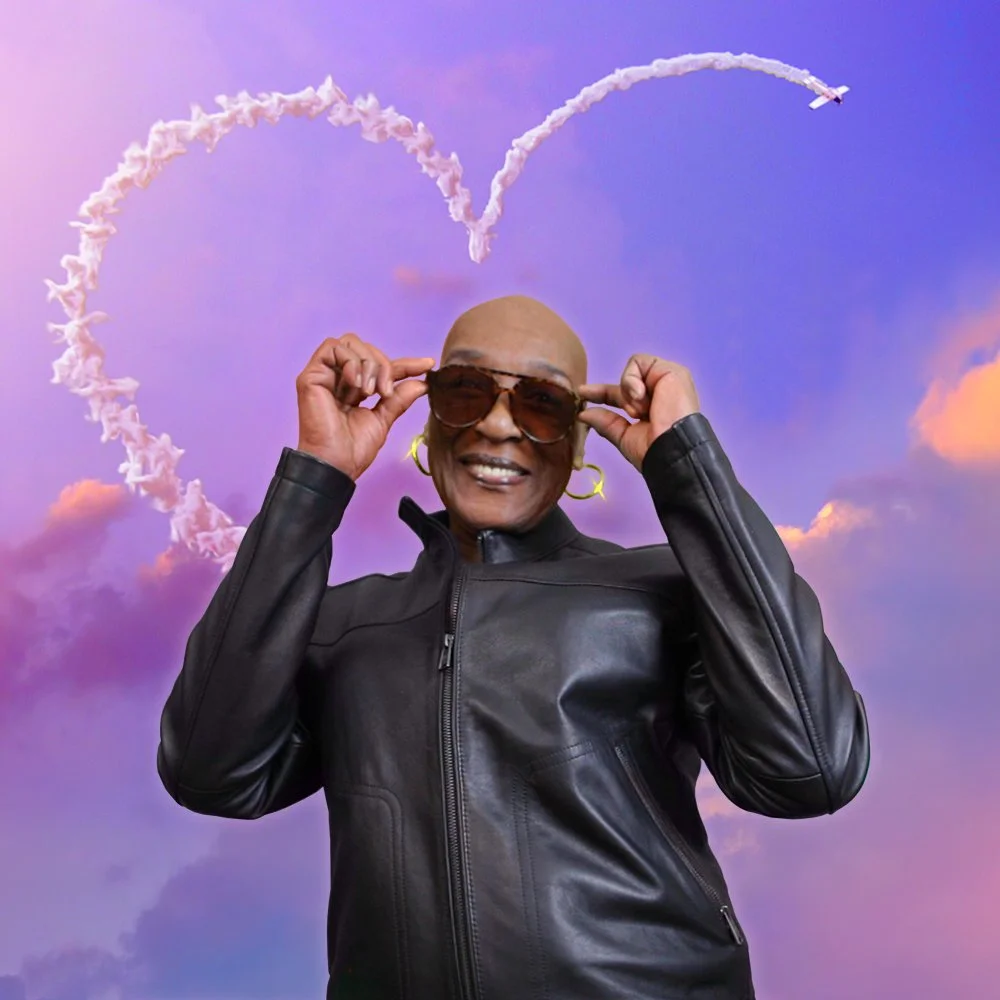Highlights - Fury Young - BL Shirelle - Co-Executive Directors of DJC Records
/Co-Executive Directors of DJC Records
I took this class on genocide that had a huge impact on me, and it also coincided, just the timing, with the Occupy Wall Street movement. So then two years later in 2013, I was reading The New Jim Crow by Michelle Alexander, and the book is about how mass incarceration is like a modern-day racial caste system. And I just got the idea to do an album, because I was listening to a lot of concept albums like Pink Floyd, The Wall. And it started from there, just a little seed and a spark of just this idea for this one album. And then over time, it just evolved into an EP, and then a record label and a nonprofit. –Fury Young
I think in the end, what our mission is, is to dismantle stereotypes around race and prison. But maybe from listening to that album, and you see this guy, he applied for your job, and he has a drug charge or something. Maybe you're not looking at it so crazy anymore. It's like, know what? I'll give him an interview. I'll see. And that interview may change, you know, your life and that person's life. So that's like the ideal scenario. – B.L. Shirelle



















